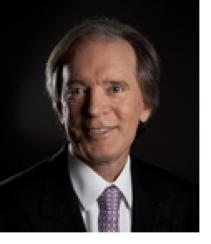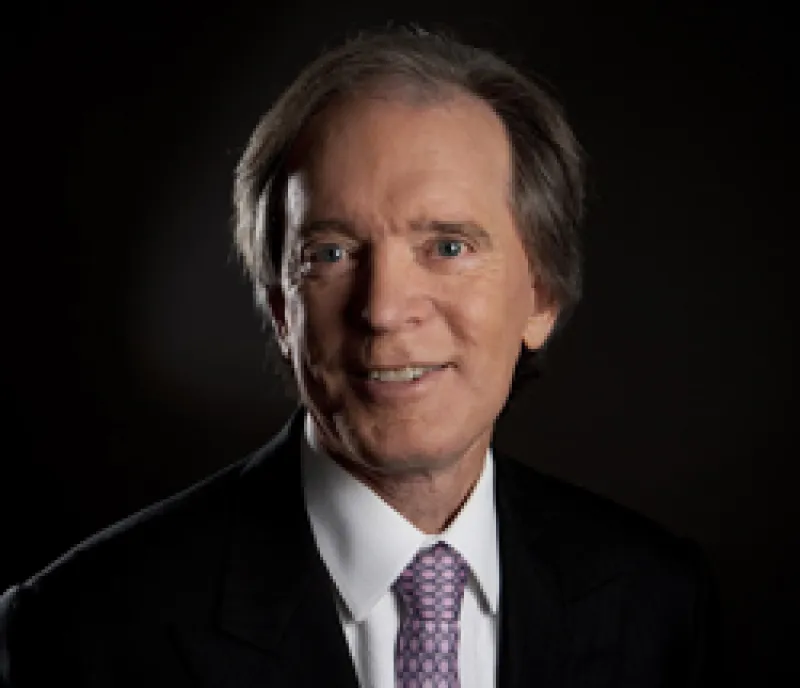
Today, as co-CIO of Newport Beach, California–based Pimco, Gross works somewhat shorter hours, but the stakes are infinitely higher. With $1.2 trillion in mostly fixed-income assets, Pimco is the biggest active bond manager in the world. Gross oversees the management of most of those assets, including the $240 billion Pimco Total Return Fund, the largest U.S. mutual fund.
Click here to access the profile index for the 2011 U.S. Investment Management Award Winners. Read the feature story, Best of the Best Money Managers.
With size comes influence, and few if any asset managers — bond or equity — have had a bigger impact on markets over the past decade than Bill Gross and Pimco. In 2002 the shares of General Electric Co. plunged 6 percent over two days after Gross publicly accused the company of massaging earnings. Earlier this year, when news broke that Pimco had sold most of its U.S. Treasury bonds, the market reaction was more muted. Still, investors are watching closely to see if Gross’s dire predictions pan out when the Federal Reserve’s quantitative easing comes to an end in June.
“Because QE has affected not only interest rates but stock prices and all risk spreads, the withdrawal of nearly $1.5 trillion in annualized check writing may have dramatic consequences in the reverse direction,” Gross wrote in his March 2011 Investment Outlook investor letter.
Ironically, the world’s most powerful bond investor originally wanted to get into equities when he took a job in 1971 as a credit analyst with Pimco, a recently established subsidiary of insurer Pacific Mutual Life. It was there, during the ’70s, that Gross developed the concept of investing for “total return” — both yield and capital appreciation. Gross also pioneered the use of nontraditional fixed-income securities, including convertible bonds, mortgages, and Treasury options and other derivatives.
During the 1980s, Gross and colleagues James Muzzy and William Podlich began the process of splitting off from Pacific Mutual, which maintained an ownership stake that German insurer Allianz (Pimco’s current parent) later acquired. (Gross, Muzzy and Podlich are credited with co-founding Pimco even though the business technically existed before their arrivals.)
In 2007, Gross persuaded Mohamed El-Erian, a former Pimco bond manager who had left the firm two years earlier to manage the endowment of Harvard University, to return to Newport Beach as CEO and co-CIO. The two sit next to each other at the center of Pimco’s trading floor. El-Erian runs the business, while Gross gets to focus on what he loves best: investing. At 67 he has no thoughts of retirement.
“I’m obsessively game-oriented,” he says. “It’s not a problem — it’s just a driver.”






